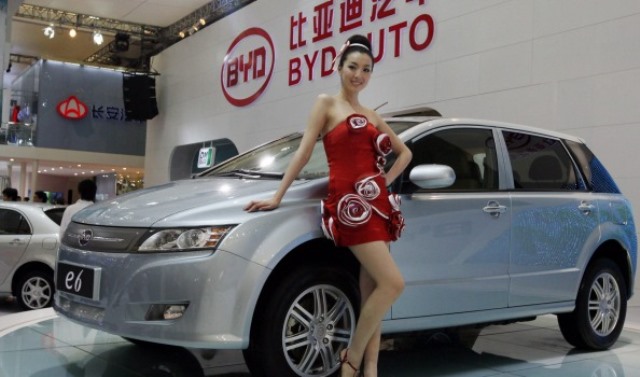The European Union will impose additional tariffs of up to 45.3 percent on Chinese electric vehicles (EVs), concluding a year-long anti-subsidy investigation. Tesla faces a 7.8 percent increase, while China’s SAIC has 35.3 percent, on top of the EU’s standard 10 percent duty, Reuters news report said.
Here’s the list of Chinese electric vehicles that face additional tariffs in Europe
BYD: 17%
Geely: 18.8%
SAIC: 35.3%
Tesla: 7.8%
Other cooperating companies: 20.7%
All other non-cooperating companies: 35.3%
The provisional duties imposed on imports of BEVs from China on 4 July 2024 will not be collected.
“By adopting these proportionate and targeted measures after a rigorous investigation, we’re standing up for fair market practices and for the European industrial base. In parallel, we remain open to a possible alternative solution that would be effective in addressing the problems identified and WTO-compatible,” Valdis Dombrovskis, Executive Vice-President and Commissioner for Trade, said.
The European Commission cites unfair subsidies in China European Commission cites unfair subsidies in China, including low-cost financing and grants. It notes that China’s EV production capacity is double the EU’s market size, making Europe the primary destination for Chinese EVs.
China criticized the tariffs as “protectionist” and is pursuing negotiation with the EU to find an agreeable resolution. Additionally, China has launched investigations into EU imports, including pork, dairy, and brandy, possibly in retaliation.
Chinese EV brands have grown from less than 1 percent to 8 percent of the EU market share since 2019, with projections to reach 15 percent by 2025. EU automakers face intensified competition, as Chinese EVs are generally priced 20 percent below EU models.
EU member states are divided over tariffs. Germany, a major car producer, opposes them, favoring diplomatic negotiations, while France supports tariffs to ensure fair competition.
China is challenging the EU’s provisional measures at the World Trade Organization.
Strikes for higher wages among German industrial workers coincide with potential production cuts at car manufacturers like Volkswagen, amid concerns about higher Chinese duties on gas vehicles.
Hungarian PM Viktor Orban warned of an “economic cold war” with China, while French industry groups back tariffs if trade remains fair.
In the first nine months of 2024, China’s EV exports to the EU fell 7 percent from a year earlier, but they have surged by more than a third in August and September, ahead of the tariffs, data from the China Passenger Car Association show.

